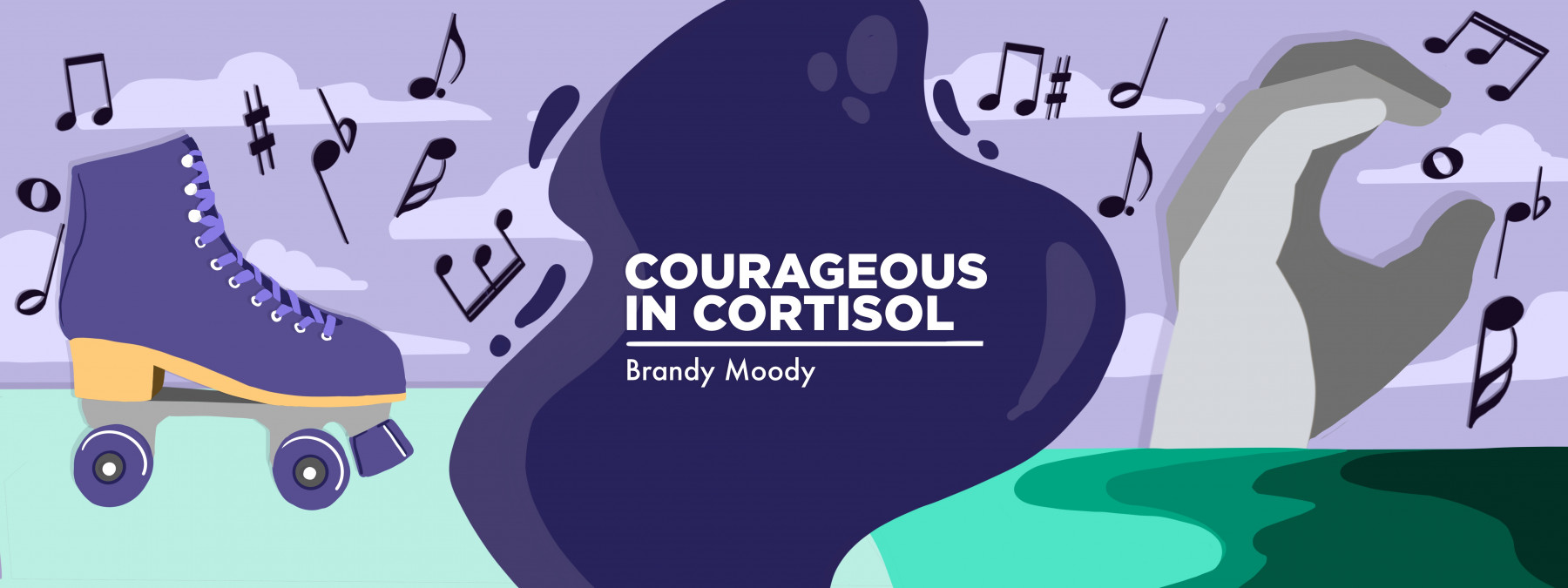What it means to reinvent yourself after Cushing’s disease
'The only constant in life is change,' as Heraclitus observed
Written by |

Someone once told me that you don’t “discover” yourself, rather you “invent” yourself.
I’ve found it necessary to reinvent myself countless times. With each evolution, my aim is to create an improved version of me. Each time, I hope it will be the finalized version that will provide my soul with satisfaction.
The truth is that we never stop changing. In fact, my favorite quote, by Heraclitus, makes the same observation: “The only constant in life is change.” As humans, we must adapt to our surroundings and circumstances or it will be difficult to overcome adversity.
Cushing’s disease has challenged me in layers, affecting my confidence in everything from my appearance to my cognitive abilities. It has damaged both my mental and physical health. I have residual issues from the disease four years after I had surgery to treat it.
But surviving Cushing’s has felt like I have a second shot at life. While experiencing this disease, I often thought that my suffering would last forever. I didn’t think I would ever feel healthy again. I didn’t even believe I was capable of having kids! Yet here I am, four years after my surgery, and I have a 14-month-old baby.
Looking at the positives
Yet while I talk about unresolved trauma from these experiences, they’ve also brought me clarity, more gratitude, and a refreshing new perspective on reinventing myself.
When I first set out to better understand this health journey, I asked myself what my core values were. Then I journaled until I was satisfied with the core values that I had written on the page.
My next question was: What is my purpose in this life? I know some people struggle with this question, but the answer comes easily for me.
Beyond that, I had to dissect the behaviors and mindset I had when my Cushing’s was active, and remind myself that they were the opposite of how I wanted them to be. Therefore, I had to practice mindfulness in my everyday life to avoid my old behaviors.
I believe that therapy is an important part of care for Cushing’s patients following surgery. I still battle anxiety, intrusive thoughts, and more. Journaling helps, but I still need therapy.
These internal issues have been the hardest part of reinventing myself. But the funnest part for me has been experimenting with my physical appearance. If you’ve ever had Cushing’s disease, you’ll understand when I say that I was unrecognizable with it. I was overweight, my hair was brittle and thin, and I had a “moon face” and a humpback. I was disgusted by everything about me.
Now that I’m a recovered “Cushie,” I don’t take for granted the features that make me feel beautiful. Cushing’s may have caused me to have low self-esteem, but I still find ways to enhance and embrace my beauty.
I’ve worked hard to curate a good hair routine, a skin-care routine, and — well, I won’t lie, I’m still working on the workout routine. Motherhood is a busy “hood,” but I try my best to eat nutrient-dense meals and move my body as much as I can. Most importantly, I try to give myself as much grace that I can muster during a challenging moment.
Reinventing yourself is a process, and it will likely happen more than once. So be kind to yourself and let your core beliefs lead you.
Note: Cushing’s Disease News is strictly a news and information website about the disease. It does not provide medical advice, diagnosis, or treatment. This content is not intended to be a substitute for professional medical advice, diagnosis, or treatment. Always seek the advice of your physician or other qualified health provider with any questions you may have regarding a medical condition. Never disregard professional medical advice or delay in seeking it because of something you have read on this website. The opinions expressed in this column are not those of Cushing’s Disease News or its parent company, Bionews, and are intended to spark discussion about issues pertaining to Cushing’s.







Saida Sharapova
Thank you for writing this, Brandy. It resonates so much with me!
Firstly, I want to wish you the best experiences with your motherhood and your continuous growth.
Secondly, I’d like to echo the ideas of constant change, usefulness of quality therapy (not all therapists are cerated equal, you must find the one that works for you), and the amazing feeling of transformation after loosing weight and starting to like what you see in the mirror again. Yes, yes and yes! Here is a toast to looking forward to a brighter better future us.
Meaghan O'Malley
Thank you for writing this. I am two years post adrenalectomy, and still recovering. Unfortunately, I was not diagnosed before I suffered four lumbar vertebrae fractures and a destroyed rotator cuff. I am now permanently disabled. However, losing all of the weight in getting back into the body that I am used to seeing has been a huge boost to my outlook. I am grateful that I live in a place that provides great healthcare and housing for this 54-year-old woman who is not done with life. I am hoping to get out on the ski slopes with an adaptive skiing program this winter!